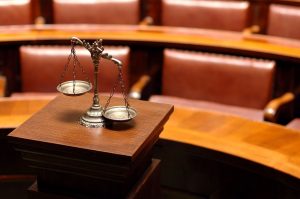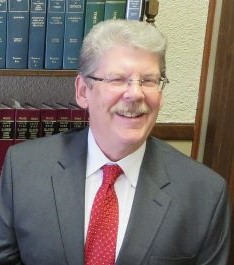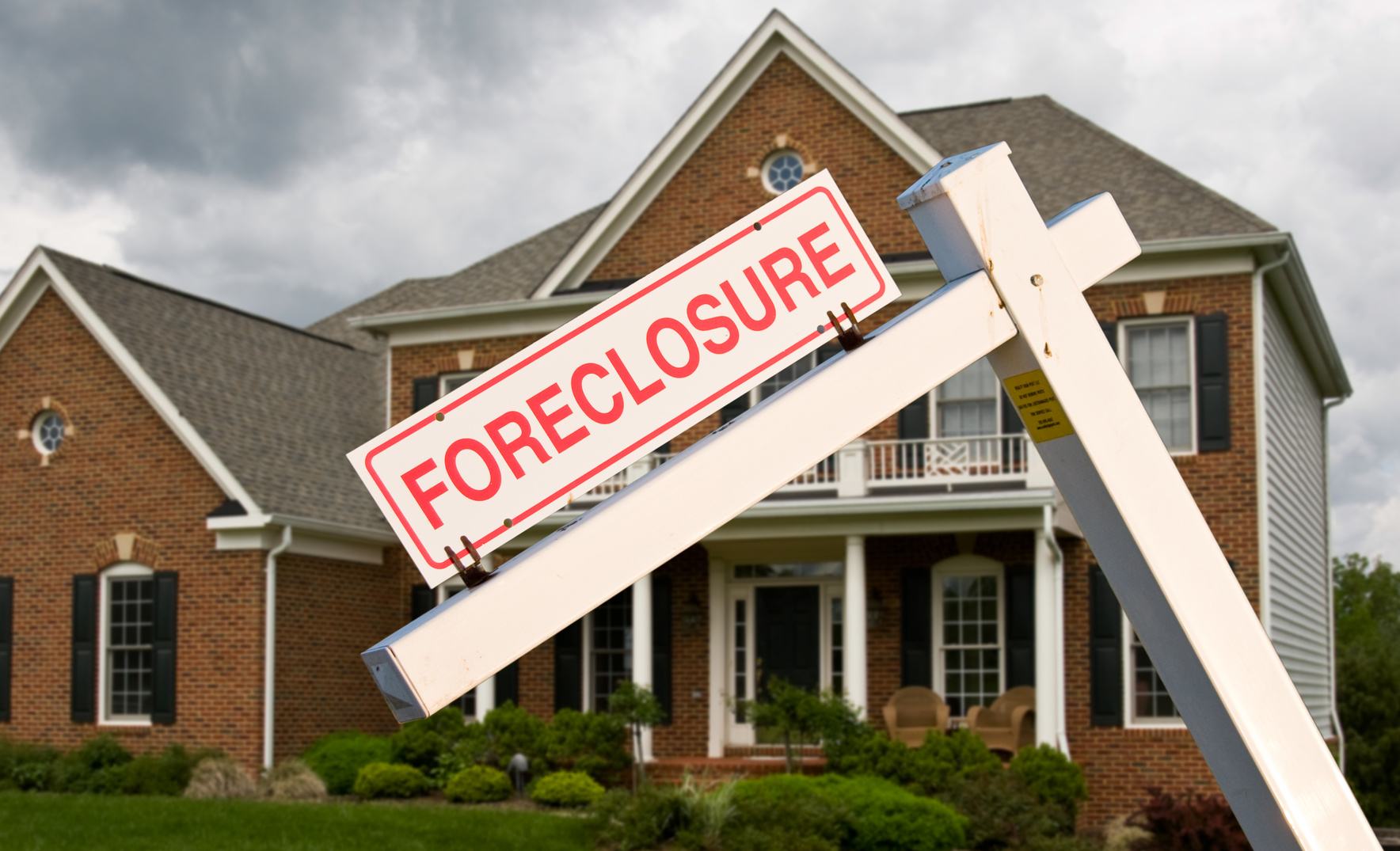Income Cuts, Mortgage Debt and Medical Fees are the main reasons why people face bankruptcy
Keeping up with bills can be difficult, especially if you’re months behind. While deadline extensions are limited, there is another option that’s available: filing for bankruptcy. But before making any quick decisions, it’s important to speak with a bankruptcy attorney to make sure that it’s the right move for you.
When it comes to filing bankruptcy, Chapters 7 and 13 are among the most common.
Most Common Causes of Bankruptcy
1. Medical Debt
Due to the increase in medical care costs, it’s becoming increasingly harder for patients to keep up with their bills. In fact, much of this care has left Americans with additional costs they didn’t anticipate. According to a Harvard study, 62 percent of all bankruptcies have been spurred by medical debt.
2. Loss of Income
The second biggest cause of bankruptcy includes either a loss or significant decrease in income. As many as 22 percent of all cases are due to unemployment. Without the necessary funds, people will use their credit cards – often with high interest rates – to provide temporary relief. But long term, they are digging themselves into a deeper hole.
Aside from unemployment, decreased hours can still lead to other financial problems, like legal fees, divorce, student loans, mortgage, and any other large expenses. A bankruptcy attorney can also help to provide guidance out of debt.
3. Credit Card Debt, Mortgage, and Other Debts
Another common reason that Americans file for bankruptcy includes credit card debt, mortgage, and other major expenses. While it can create major financial problems, much of this is caused by uncontrollable spending. It’s often the case that many credit unions and banks are too eager to lend out the money with the expectation that they would be paid back with high interest rates.
But credit card and mortgage debt is also a problem that can be relieved with the help of a bankruptcy attorney. However, it’s not common that many Americans seek the help of an attorney.
4. Legal Fees
Believe it or not, legal feels accounts for about 8 percent of bankruptcy cases. These fees can include anything from child support payments to alimony. The hard part is that these fees cannot be “written off” with bankruptcy, however, others can, which allows the filer to focus on paying these fees.
5. Natural Disasters
If you have ever experienced a tornado, fire, flood, or any other kind of disaster, you’ll know well that they are expensive. Especially if your homeowner’s insurance doesn’t cover the expense or you don’t have insurance, you’ll find yourself quickly buried in restoration bills.
On the other side, almost all homeowner’s insurance policies cover disaster cases. Just be ready to pay the deductible, which may also be significant, depending on your policy.
Least Common Causes of Bankruptcy
You may be surprised that these reasons even constitute for bankruptcy. But while they are rare, they still happen and it’s important to be aware of them.
1.  Foreclosure
Foreclosure
Many Americans love their home so much that they file for bankruptcy to prevent foreclosure. In the process, they can also alleviate some of their other debts so they can catch up on their mortgage payments. So in many cases filing for bankruptcy to alleviate multiple accounts of debt can be the best option.
2. No Structured Financial Plan
While the number of Americans that file for this reason is low, it includes those that have set no budget or boundaries for themselves. In these cases, uncontrollable spending will quickly send people into financial distress.
3. Utility Bills
You might be surprised but utility bills account for 1 percent of all bankruptcy cases, including electricity, gas, trash, and water. For bills so inexpensive, some people do not consider these a priority, thus, letting them pile up while they pay the minimum charge to keep everything running. For some, filing for bankruptcy can provide them with a “fresh start” to catch up on their living expenses.
4. Student Loans
With college tuition already sky high, it may seem shocking that only 1 percent of Americans file for bankruptcy. But the reason for this is because student loans cannot be discharged through bankruptcy (or else everyone would be doing it). On the other hand, few people do in order to eliminate or restructure other debts so they can catch up on their student loan payments.
5. Car Repossession
The last reason for bankruptcy includes the reason to avoid car repossession. With as many as 3 missed payments, the creditor can easily take the car away. But as soon as you file for bankruptcy, they must return your car as well as any other property that was taken.
6. Divorce
When a couple splits up, it’s not just emotions that suffer—finances can take a hit too. One big reason is that during divorce, debts and assets get divided. Sometimes, one partner ends up with way more debt than they can handle alone.
7. Overspending:
With prices going up, managing money is trickier than ever. It’s not just about knowing inflation’s effects; it’s about budgeting smart and being careful with spending. Sadly, many people struggle because they don’t budget well and spend too much. This leads to debt piling up and financial stress getting worse.
Life After Bankruptcy
Filing for bankruptcy can feel like a failure at first, but afterwards, it can be such a relief to get rid of all that debt. Simply working with a bankruptcy attorney cannot only lead you to a “fresh start” long term, but also provide immediate relief like prevent foreclosure and repossession.
After all, you need a place to stay and means of transportation to work and pay for these expenses. So if you are worried that you might lose these things in the near future, filing for bankruptcy can stop this process, even allowing you to keep more than you think.
Work with a Bankruptcy Attorney
 Financial turmoil is depressing and can easily lead to other problems like divorce due to arguments caused by financial distress. If you are contemplating declaring bankruptcy, be sure to speak with an experienced bankruptcy attorney to make sure that this is the right step for you.
Financial turmoil is depressing and can easily lead to other problems like divorce due to arguments caused by financial distress. If you are contemplating declaring bankruptcy, be sure to speak with an experienced bankruptcy attorney to make sure that this is the right step for you.
If you live near the southwest Chicago, IL area, contact the attorneys at Berry K. Tucker & Associates, Ltd. Our attorneys are not only experienced but stay updated on all current laws. They have also worked in a number of diverse cases, you can feel comfortable as they guide you to make the best financial decision.
When working with our bankruptcy attorneys, they will answer all of your questions, provide legal advice that is tailored to your unique situation, help filling out all documents, and provide deadline reminders.
Schedule a Consultation
To speak with an experienced bankruptcy attorney at Berry K. Tucker & Associates, Ltd., contact us directly at (708) 425-9530 or fill out a contact form. We will be in touch with you shortly!











